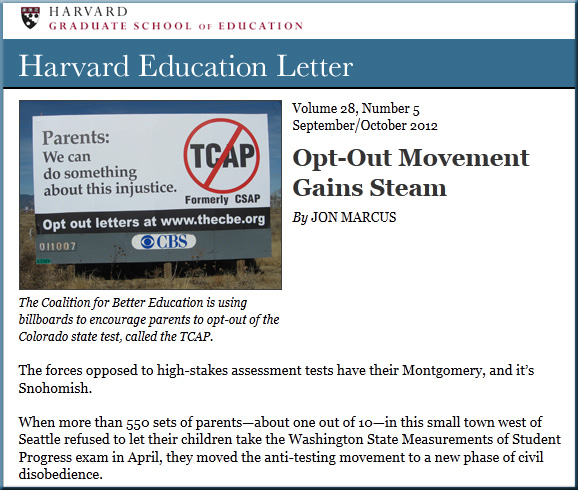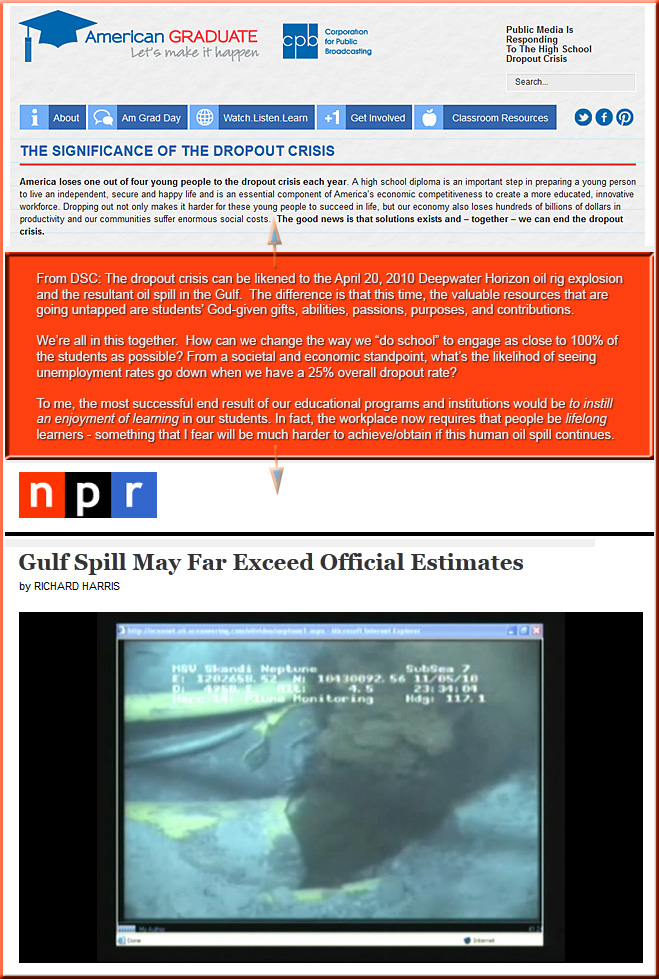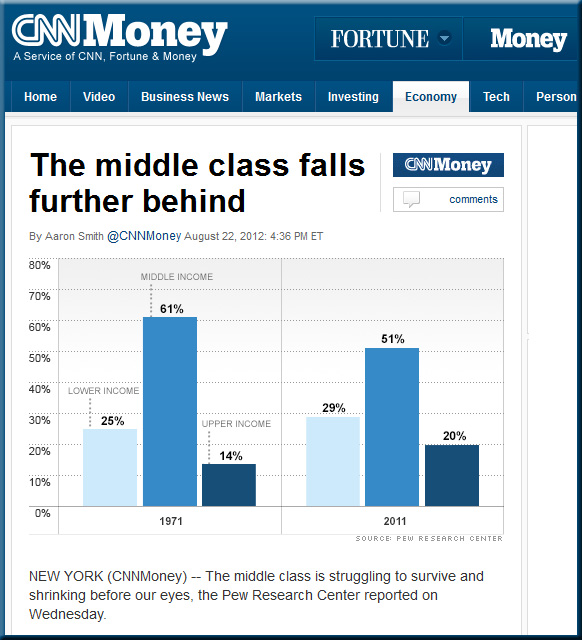From DSC:
Some reflections on on David Warlick’s solid posting, I never needed to know that. First, some excerpts (emphasis DSC):
But the fact is that one reason we, as educators, do not readily recognize this compelling truth and try to make sense of its profound implications is that we can not predict what our children will need to know and not need to know. It would be nothing more than speculation.
So again, “What do our children need to be learning today?”
Several ideas spring to my mind as I try to unfold this.
- Our children need to learn something.
- What they need to learn is no longer as important as it use to be.
- Increasing the stakes on what they learn does little more than punish our children for our own arrogance.
- If what they learn today may not be useful to them tomorrow, then how will they continue to learn what is?
- How they learn has become much more important.
- Perhaps the most important thing we can help our children learn, is how to teach themselves.
I think David’s comments are right on. How students learn — and I would add enjoying learning — are very important. If I don’t like to learn, or if school is a painful experience, I will be at a huge disadvantage in life these days. Lifelong learning is now a requirement for most of us, if we want to stay marketable/employed. But if I don’t like to learn, this is going to be an uphill battle for me.
So when I approach the Common Core, or standardized tests, or questions concerning curriculum, etc….I am looking through the lenses that constantly ask the questions:
- Will this help develop a passion for learning?
- Does this allow students to pursue their passions?















